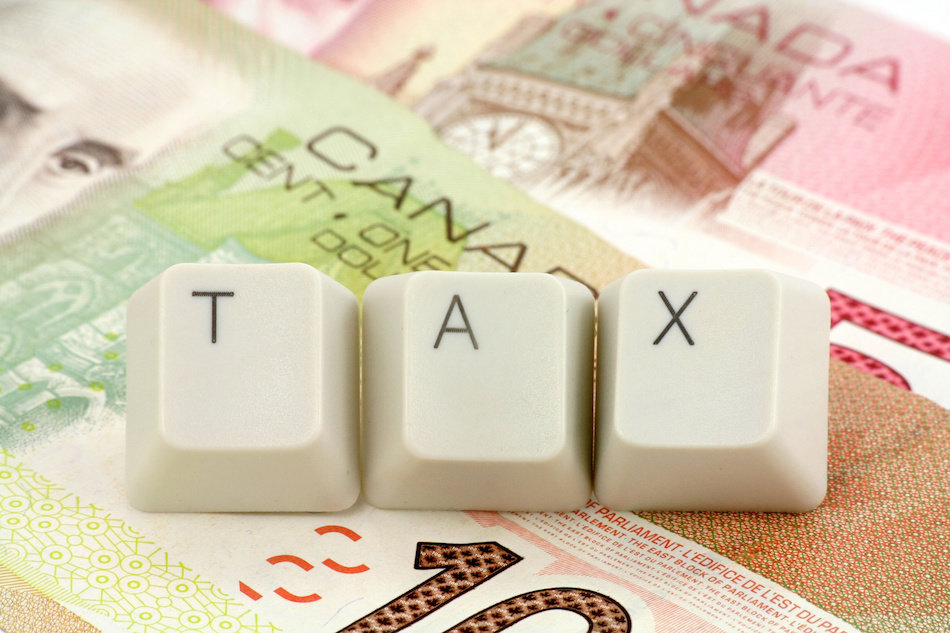What You Need to Know About Taxes Before Selling a Vacation Home
Posted by Justin Havre on Friday, April 20th, 2018 at 10:56am.
 Vacation homes aren't treated the same as a primary residence when it comes to selling, which means owners may need to do a bit more research than they had initially planned. The tax breaks are very few and far between because the home is technically considered a luxury good. See how capital gains and depreciation can work either for or against a seller and what a seller can do to either reduce or delay the amount they have to pay.
Vacation homes aren't treated the same as a primary residence when it comes to selling, which means owners may need to do a bit more research than they had initially planned. The tax breaks are very few and far between because the home is technically considered a luxury good. See how capital gains and depreciation can work either for or against a seller and what a seller can do to either reduce or delay the amount they have to pay.
Capital Gains for Vacation Homes
Traditional sellers are more or less exempt from paying capital gains on a home that's appreciated over time, but vacation home sellers will have no such luck. In this case, the owner of a vacation home is taxed the same way a stockholder is taxed on their gains. While sellers can deduct everything from renovation to closing costs, they'll pay a capital gains tax as set forth by the Income Tax Act (ITA) based on the total appreciation, or "capital gain", of the home.
The standard taxable gain is currently set federally at 50%, but it can vary by province based on tax brackets. Sellers are encouraged to get a real estate agent who understands what can and can't be deducted from the gains tax so nothing slips through the cracks.
Rental Deductions
All vacation homes go through some type of depreciation, regardless of their assessed value. With each rental guest that comes through, the house goes through a certain degree of wear and tear that will eventually need to be repaired. Sellers can use depreciation to their advantage if they rent the space because they can deduct these costs from the income generated from the rental (allowing them to pay less in standard income taxes.) However, this tactic may not be worth it in the long-term if the value of the property value continues to go up. By shaving off the depreciation from the East End home, sellers are required to use the depreciated value as their starting point for capital gains as opposed to the original purchase value.
Additional Considerations
Homeowners have a few options to avoid paying taxes on a vacation home. For instance, they're allowed to deduct capital losses from capital gains, which can make the playing field much more even. Some vacation home owners will sell their primary residence if the primary residence has depreciated in value but the vacation home has not.
There's also the option to follow the Replacement Property Rules of the ITA if a seller chooses to purchase another vacation home of similar value to the one that's being sold. These rules only delays taxes, but it can give investors another opportunity to continue to reinvest their money in the right ventures. Vacation home owners could also potentially move into their vacation home or leave it as a legacy for their descendants if they feel the taxes too high.
It really makes a difference for sellers to have a source they can trust when selling. An experienced agent or a good financial planner can help clear up any confusion when it comes to how much is being paid and why. Many of these options can be complicated to handle, and a seller will need to have full documentation and paperwork in case they're audited.
